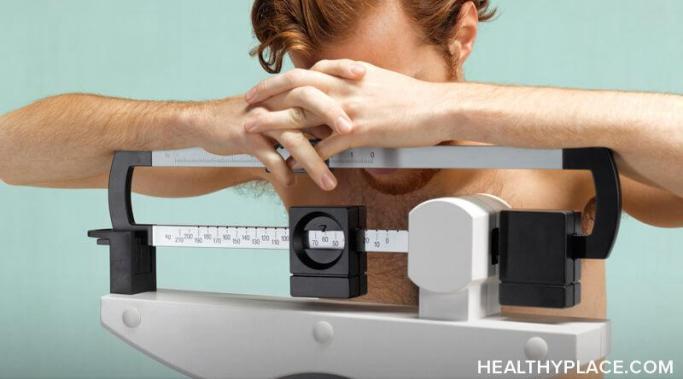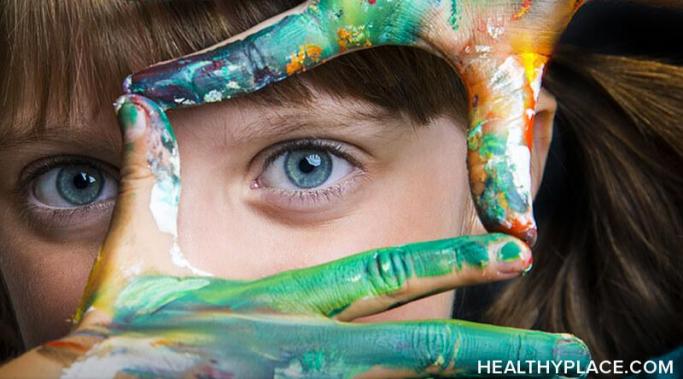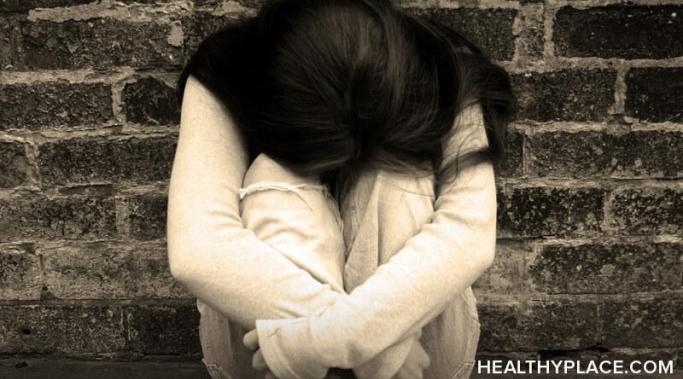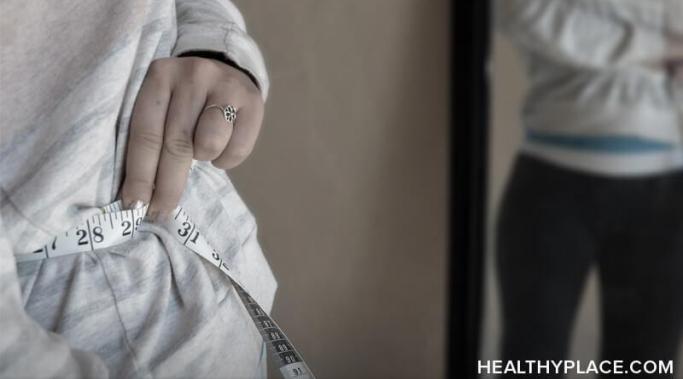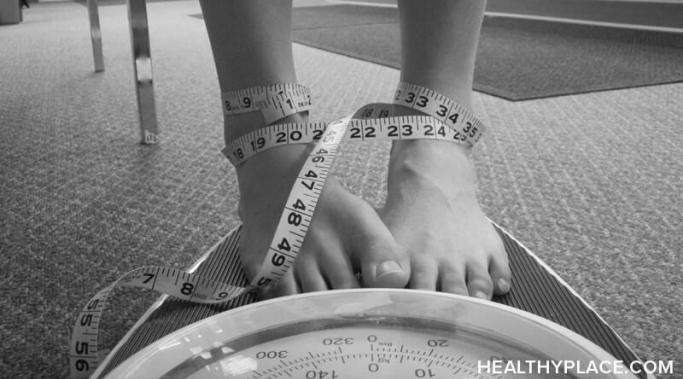Sexism contributes to the prevalence of eating disorders in women, but on the flip side, approaching eating disorders from a feminist outlook can be an important tool for recovery. Our social constructs view gender through a binary lens in which men are the objectifiers and women are the objectified, causing female bodies to be sexualized. This idea makes women feel pressured to meet the conventional standards of beauty, often resorting to extreme behaviors if their physical features are outside the “norm.” But dismantling these restrictive and harmful stereotypes could promote more body acceptance in our culture. Because sexism and eating disorders are connected, a feminist perspective can help to reverse this issue.
Surviving ED
Eating disorders not otherwise specified (EDNOS) are frequently stigmatized and misunderstood in mainstream culture, like most forms of mental illness. Many who lack firsthand experience tend to label eating disorders as a rich and thin white woman’s issue, but the reality is that eating disorders affect people of all backgrounds and demographics. They transcend racial, gender, and socioeconomic barriers. They are diverse and non-discriminating. In other words, anyone can be an eating disorder sufferer, even those who don’t “fit the mold.” And that’s one reason eating disorders, especially EDNOS, are so dangerous—they're often a challenge to detect.
Eating disorder recovery is filled with realizations; some are happy finds and some are painful ones. But we need both types of realizations to accept our imperfection and move forward in it. For over a year now, I’ve been committed to writing the Surviving ED blog for this community. I’ve loved it and it’s time for me to say goodbye. But I'm not leaving without passing on a firecracker of my most stunning realizations in eating disorder recovery.
Are the effects of trauma tempting you to withdraw into your eating disorder? Are you all too familiar with that bone-deep torment, roused by memories you didn’t choose to recall but might never forget? Can you feel the aftershocks surging through your body, invading the corners of your mind? Do you numb out from the world, from the pain, from yourself? Have your methods of coping turned into behaviors that you can no longer control? Did you know this struggle involving trauma and an eating disorder is not yours to fight alone?
There are reasons your therapist will break confidentiality. For some of us, this may come as a surprise because we've learned to trust our therapist. We see our therapist as Pandora’s box, where we think that they will never share anything that we tell them. However, a licensed therapist is bound by law to share a few things. Here’s what triggers your therapist to break confidentiality.
Do you know the relationship between eating disorders and body dysmorphia? I remember the first time I stood in front of a mirror, scrutinizing every square-inch of my reflection. My thighs were not lean enough. My arms lacked definition. My stomach looked bloated underneath my shirt. My face registered the deep, gut-level disappointment I felt about my entire appearance. If I could just tweak those “problem areas”—shed a pound here, tone a muscle there—surely the mirror and I would become friends, or start tolerating each other at least. During the most critical and self-deprecating phases of my eating disorder, I had no idea this mirror-image was not reality, but a false representation of my distorted beliefs. I had never heard the term “body dysmorphia” or that it affects an estimated one in 50 people.1 Moreover, I did not make the connection I was one of those people, but eating disorders and body dysmorphia often go together.
Why wouldn't exercise have a place in eating disorder recovery? There's no denying that bodies are designed for movement. In fact, exercise offers health benefits that we need in order to thrive, both physically and mentally. Being active helps us manage stress, boost our moods and feel more energized. It redirects our attention off social media or smartphones, so we can be mindful of how our breathing deepens, muscles contract and bodies function. When used for balance, enjoyment and wellness, exercise is a positive lifestyle choice. But for those of us recovering from eating disorders, exercise could turn into a compulsion.
My name is Mary-Elizabeth Schurrer (but for convenience sake, call me Mary-Beth). I’m honored to join HealthyPlace’s Surviving ED blog. I hope we can engage in honest, authentic and meaningful conversations about the triumphs and struggles of eating disorder recovery. But first, here’s some background on my own path to healing from anorexia nervosa.
It's important to show empathy to yourself and others in eating disorder recovery. It’s vital for our loved ones to be able to show empathy for us as we journey towards recovery. It’s also vital to be able to show empathy for ourselves because empathy will help to keep us in eating disorder recovery. Here’s how to show empathy to yourself and others in eating disorder recovery.
Negative body image in eating disorder recovery is often the last thing you let go. It’s said that a negative body image is the first thing to come and the last to leave. Hating our bodies is a theme even though eating disorders aren’t really about what our bodies look like on the outside. Here’s the reason negative body image in our eating disorder recovery is the last thing we let go.

